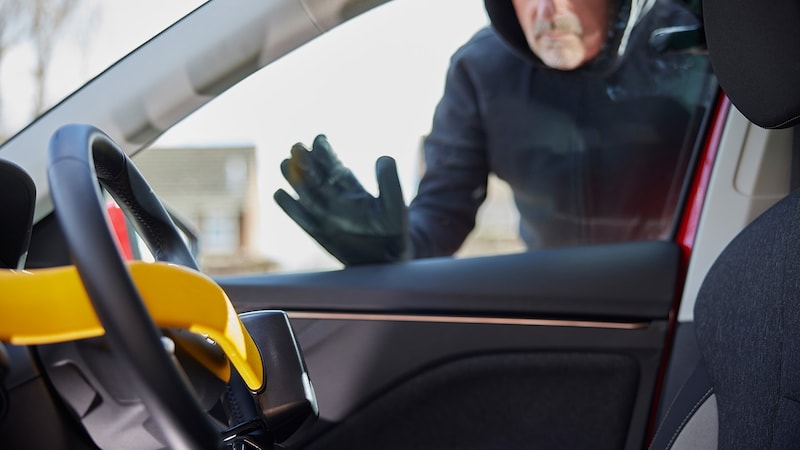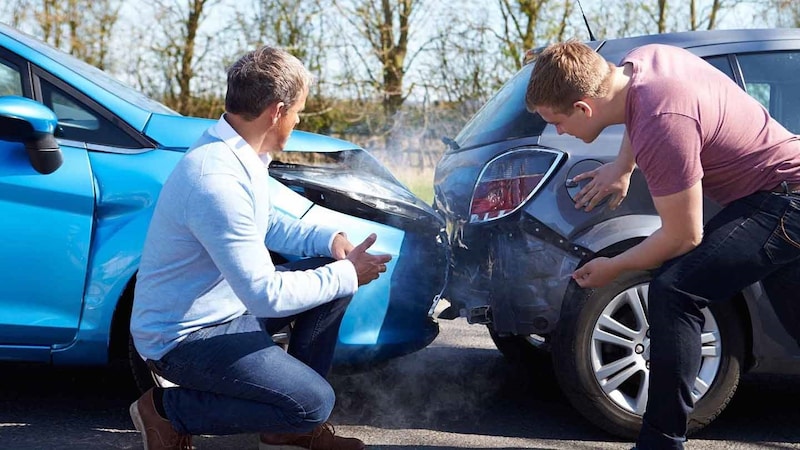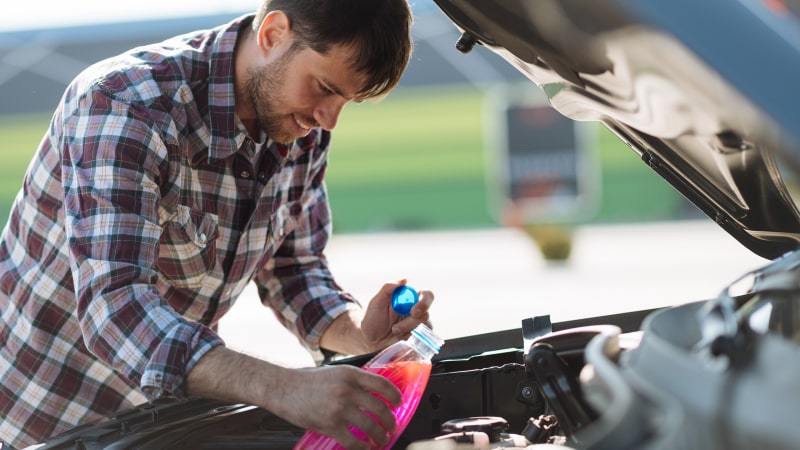Why is my car shaking? Here are a few reasons why.

Quick insights
- A shaking car can indicate a number of different potential issues with your vehicle.
- Cars may shake while idle, accelerating, at speed or braking, and each may be a sign of different problems.
- If your car is shaking, it may be wise to bring it to a licensed mechanic to diagnose and fix the issue.
Car shaking is far from ideal, and as a car owner, it’s only natural that this might leave you a little... shaken up. There may be several different culprits behind your car’s mysterious shake and rattle, and it’s important to take it seriously and get it repaired as soon as possible. The good news is that most of these issues are things your mechanic has likely seen before and knows how to fix.
Shaking while idle
If your car shakes when you’re idling, it could be a sign of potential issues near the engine. Loose engine mounts are one of the more common reasons for car shaking. These mounts connect the engine to the car, keeping the motor attached. They also help to soften engine vibrations, so if they get loose or too worn, it might cause engine shaking.
Other common reasons for a car shaking while idling include:
- Faulty spark plugs: Issues with your spark plugs can prevent proper ignition of the fuel and air mixture within the combustion chamber. This can lead to cylinders misfiring, which causes engine shaking.
- Clogged air filter: A dirty air filter decreases the amount of air the engine receives, which in turn alters the balance of the fuel and air mixture required for proper combustion. This imbalance results in the engine shaking.
Shaking while accelerating
If your car is shaking while accelerating, this could also be a sign of loose engine mounts. As you learned, the engine mounts help soften engine vibrations, which you’re even more likely to feel as you accelerate.
Some other reasons for car shaking while accelerating could be:
- Issues with suspension: Loose shock mounts, worn springs and leaky struts are a few of the suspension components that could potentially be to blame if you feel the steering wheel shake as you speed up.
- Damaged drive shaft or axles: Your drive shaft transmits engine power to the wheels, while your axles connect your wheels to each other in pairs and keep them in a steady position to one another. If either gets sufficiently damaged or warped, you may feel it as a shaking sensation when you accelerate.
- Loose lug nuts: If your lug nuts aren’t properly tightened, your tires will be loose on the wheel. This could cause the tires to wobble as you drive, resulting in the whole car shaking.
Shaking while driving at speed
If you experience car shaking while driving at speed, it may be caused by issues with your wheels or tires. If your wheels aren’t properly aligned, you’ll notice some shaking at the steering wheel. If, on the other hand, your tires aren’t balanced, your car’s weight distribution will be off. This may result in shaking throughout the bottom of the vehicle. Unbalanced tires are also at risk of wearing out faster, so it’s helpful to maintain a steady car maintenance routine and get your tires rotated periodically.
Shaking while braking
Your car’s ability to come to a safe stop is essential, so issues like shaking while braking are best taken seriously. This is typically caused by damage or warping to the rotors or the brake pads, resulting in uneven contact (and subsequent shaking) when the brakes are applied.
What to do about a shaky car
Regardless of what the cause of your vehicle’s shaking may be, the course of action is to bring it in to a trusted, licensed mechanic right away so that they can professionally diagnose the issue and make the necessary repairs. While car shaking can be potentially scary, especially for new owners, it’s not an uncommon problem — your mechanic is likely to have plenty of experience dealing with this sort of thing.
Repair costs will vary based on the severity of the issue. Minor things like properly tightening lug nuts will likely just incur a service charge, while bigger procedures like engine repair are likely to be more costly.
In summary
As you can see, there are several reasons your car might be shaking. Instead of asking, “why is my car shaking?” it may be more helpful to ask, “when is my car shaking?” Figuring out whether the car shaking occurs while you’re idling, accelerating, driving at speed, braking or some combination thereof can help you narrow down the list of possible suspects. Ultimately, it’s best to bring your car in for servicing as soon as possible so you can get a professional diagnosis and repair.



